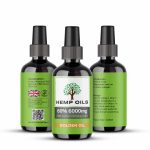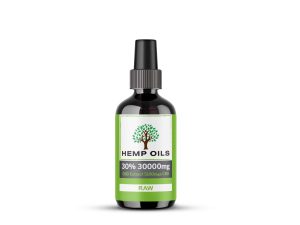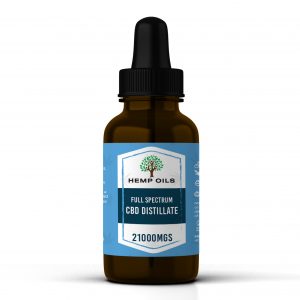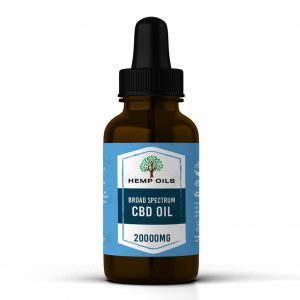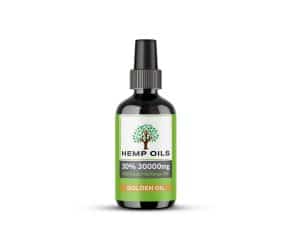Hemp seed oil has gained immense popularity in recent years due to its numerous health benefits. Derived from the seeds of the Cannabis sativa plant, hemp seed oil is rich in essential fatty acids, vitamins, and minerals. While it is commonly used topically, hemp seed oil can also be taken internally to promote overall health and well-being. In this article, we will delve into the various aspects of taking hemp seed oil internally, including the benefits, dosage, administration, as well as precautions and potential side effects.
Why Hemp Seed Oil?
Hemp seed oil stands out from other oils due to its exceptional nutritional profile. It contains a perfect balance of omega-6 and omega-3 fatty acids, which are essential for optimal health. These fatty acids play a crucial role in regulating inflammation, supporting cardiovascular health, and promoting brain function. Additionally, hemp seed oil contains a wide array of vitamins and minerals such as vitamin E, potassium, magnesium, and calcium. Its natural antioxidants also contribute to its appeal.
Benefits of Internal Use
By incorporating hemp seed oil into your daily routine, you can experience a multitude of health benefits. Firstly, the omega fatty acids found in hemp seed oil support the health of your skin, hair, and nails, helping to combat dryness and promote a youthful appearance. Furthermore, these fatty acids have been linked to improved heart health, as they can help regulate cholesterol levels and reduce the risk of cardiovascular diseases. Hemp seed oil may also support brain health by improving cognitive function and reducing the risk of neurodegenerative diseases.
Dosage and Administration
Determining the correct dosage of hemp seed oil can be challenging as it depends on various factors such as your age, weight, and overall health. It is advisable to start with a small dose and gradually increase it over time. The general recommendation is to take one to two tablespoons per day. However, it is essential to consult with your healthcare provider to determine the ideal dosage for your specific needs. Hemp seed oil can be consumed on its own, added to smoothies or salad dressings, or used in cooking.
Precautions and Side Effects
While hemp seed oil is generally safe for consumption, there are a few precautions to keep in mind. It is crucial to ensure that you are purchasing high-quality hemp seed oil from a reputable source to avoid potential contamination or low-quality products. Additionally, individuals with hemp or cannabis allergies should exercise caution and consult with their healthcare provider before using hemp seed oil. Some people may experience mild side effects such as digestive issues or an upset stomach, especially when starting with higher doses. It is advised to monitor your body’s response and adjust the dosage accordingly.
Incorporating hemp seed oil into your daily routine can provide a range of health benefits and support your overall well-being. From promoting healthy skin to improving heart and brain health, the nutritional properties of hemp seed oil make it a valuable addition to any diet. However, it is crucial to start with a small dosage and consult with a healthcare professional to ensure it aligns with your individual needs and any existing medical conditions. By taking the necessary precautions and understanding the potential side effects, you can enjoy the benefits of hemp seed oil internally and enhance your journey towards optimal health.
